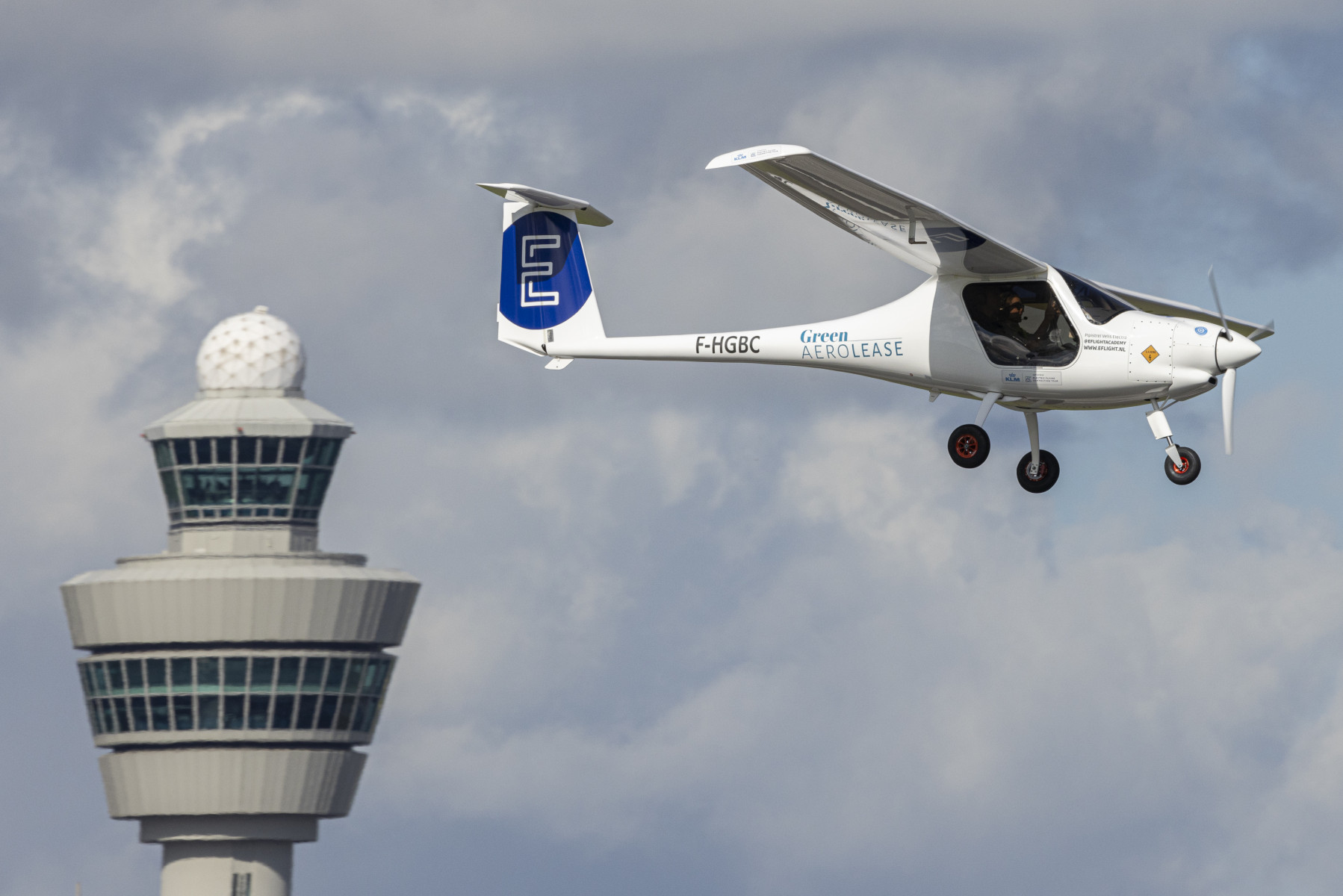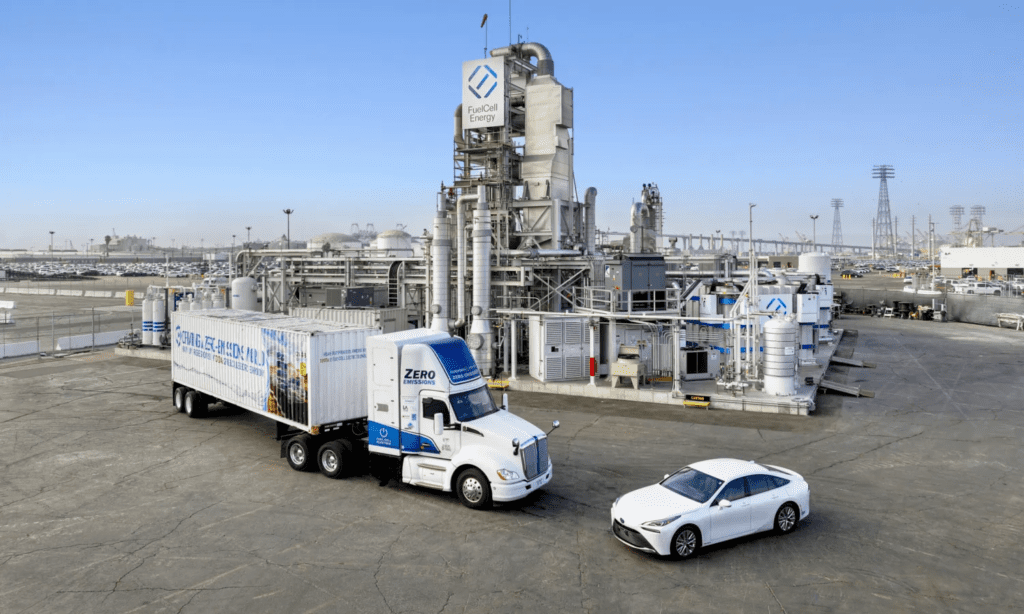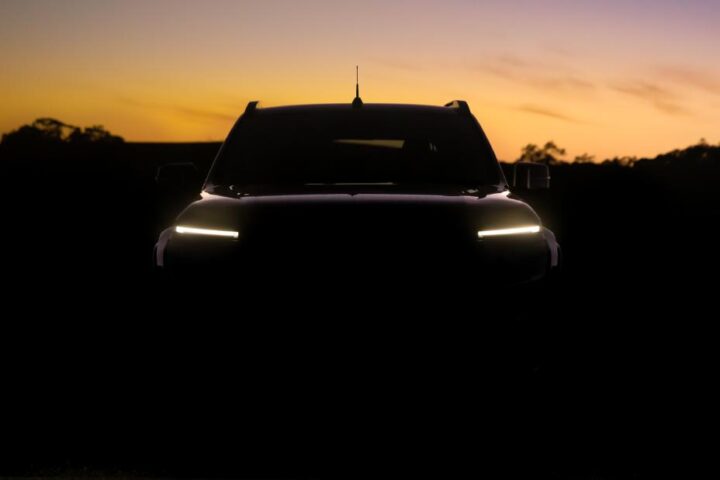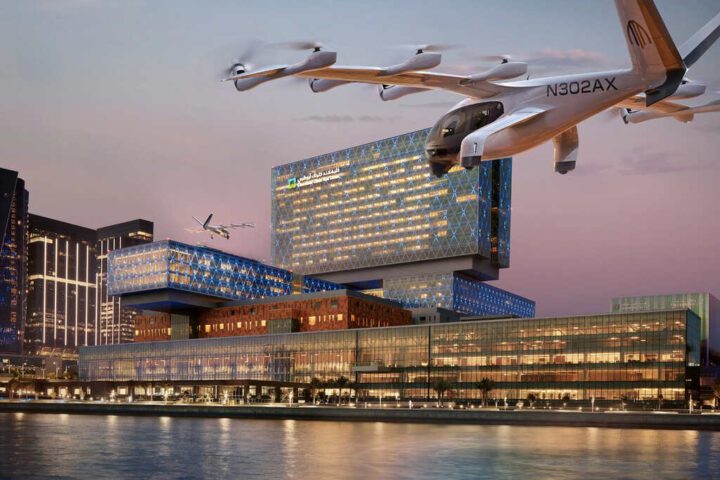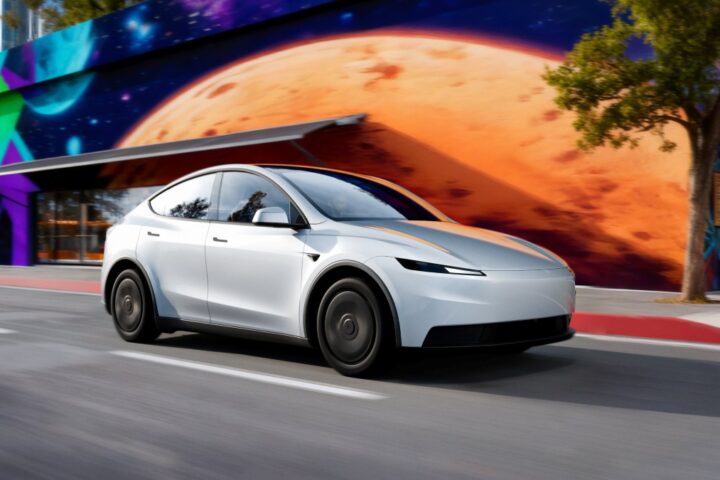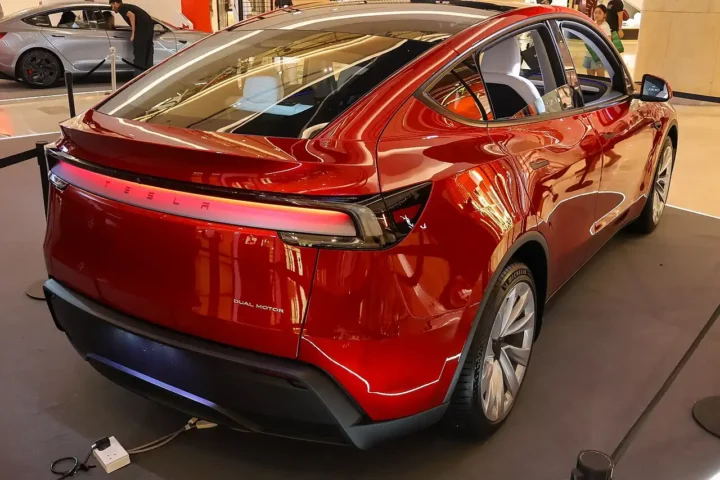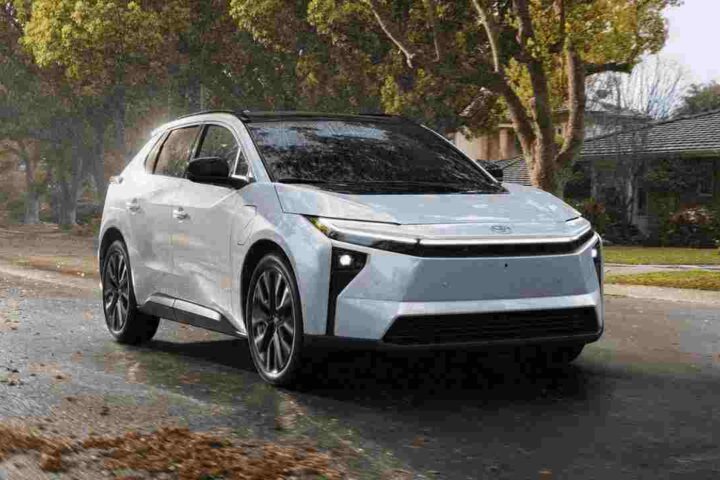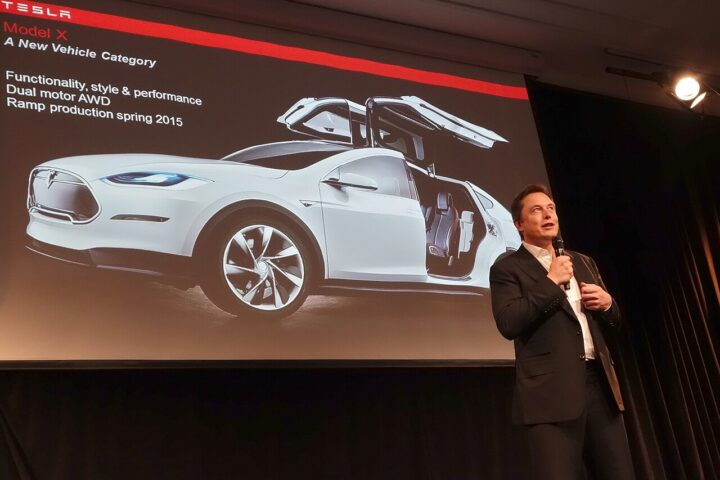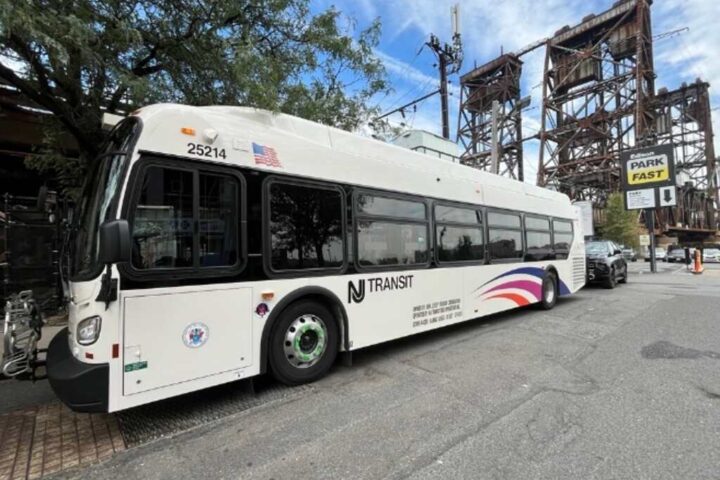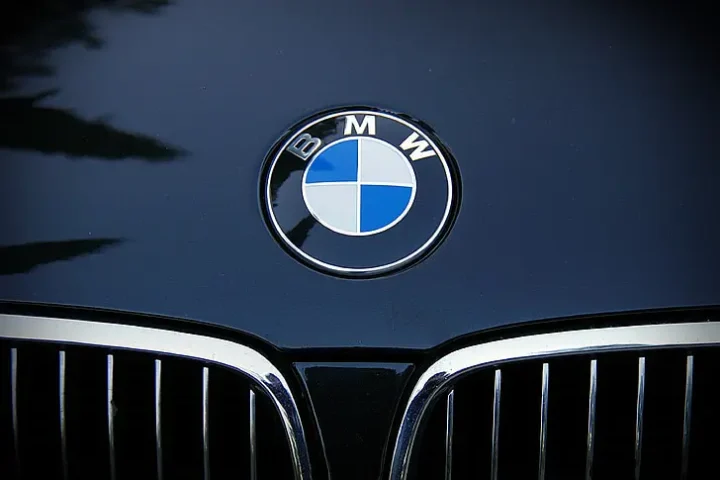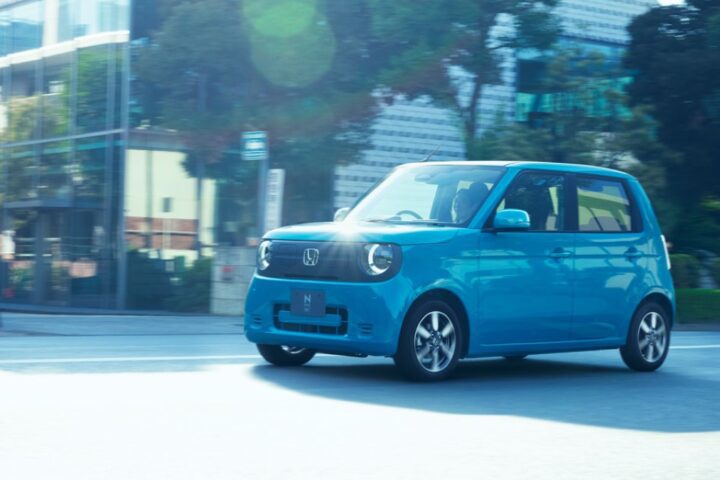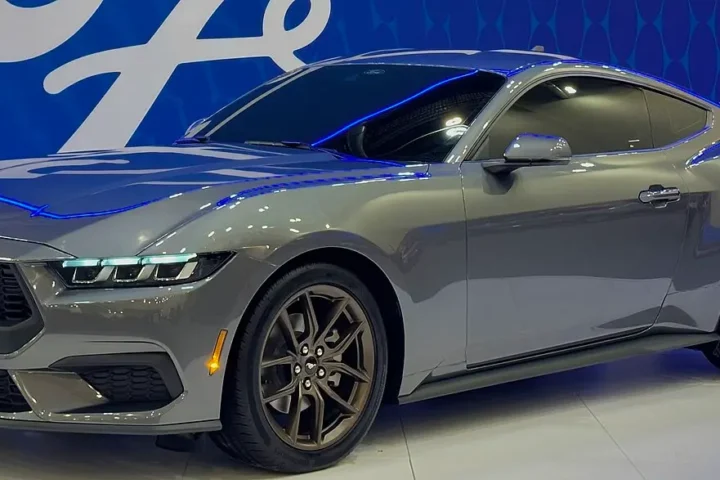In collaboration with the Electric Flying Connection (EFC), KLM Royal Dutch Airlines recently embarked on a pioneering venture into the realm of electric aviation. Taking to the skies in the Pipistrel Velis Electro, a select group of 18 KLM guests were treated to a firsthand experience of the future of flying in the world’s only certified electric aircraft. Spanning two days between Lelystad Airport and Schiphol-Oost, these trial flights served as a practical exploration into the logistics and potential hurdles of electric flight.
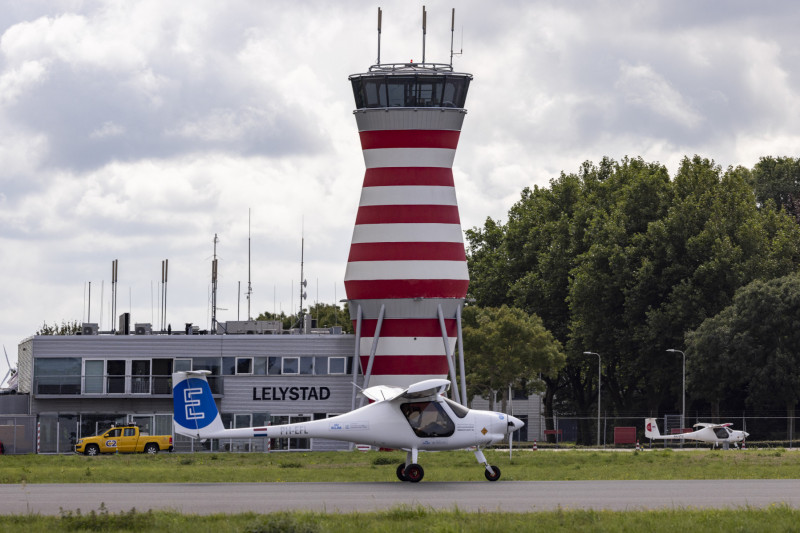
KLM’s program manager for Zero Emission Aviation, Jolanda Stevens, emphasized the importance of real-world testing, stating that today’s small-scale experiments could shape tomorrow’s scalable solutions. Being KLM’s home base, Schiphol was the natural choice for these flights, but the Pipistrel’s limited range narrowed down potential destinations to just four. Owing to its accessibility, state-of-the-art recharging facilities, and a robust air traffic control center, Lelystad Airport emerged as the top pick.
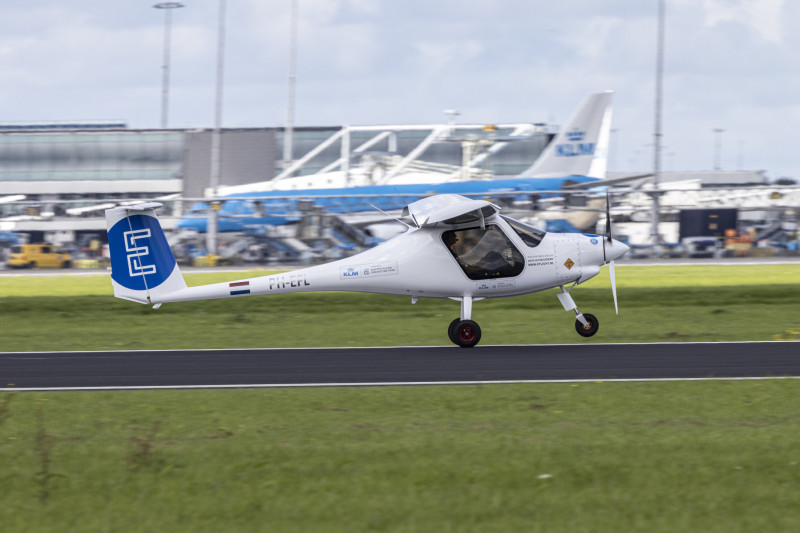
This initiative was a deep dive into understanding how electric aviation might reshape KLM’s infrastructure and logistical blueprint. One of the immediate challenges highlighted was the recharging time for electric aircraft, a factor that demands collaboration with airports and air traffic control for seamless operations. Stevens pointed out that ensuring a safe flight is just one aspect; the real game-changer would be guaranteeing the right power supply for these electric birds. While the Pipistrel Velis Electro boasts a flight duration of 60 minutes (including a 10-minute reserve), it is not slated to join KLM’s regular fleet.
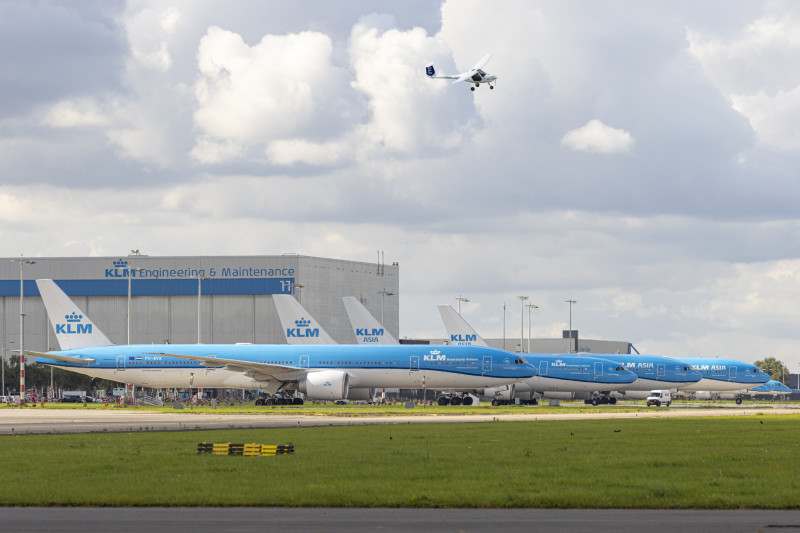
Industry insiders, however, are buzzing with predictions that by 2035, we might see electric planes capable of carrying up to 100 passengers for distances ranging between 400-750 kilometers. However, the weight of the batteries throws a spanner in the works for dreams of longer electric flights, like the popular Amsterdam-New York route. KLM is not putting all its eggs in one basket; they are exploring a spectrum of technologies, from hydrogen to hybrid solutions, to carve out a sustainable flight path for the future.
Similar Posts
Ensuring that the skies of tomorrow are not just filled with planes but sustainable solutions, Stevens shared that KLM’s global collaborations aim to accelerate these innovations. Boasting a membership of over 50 entities, from airlines to electric aircraft manufacturers, the Electric Flying Connection (EFC) stands at the forefront of this electric revolution. The mission of the EFC is clear: connect the key players and drive the sustainability narrative in air transport. Chairman of EFC, Jurjen de Jong, expressed his enthusiasm about KLM’s participation and hinted at future Benelux-wide editions of such events.
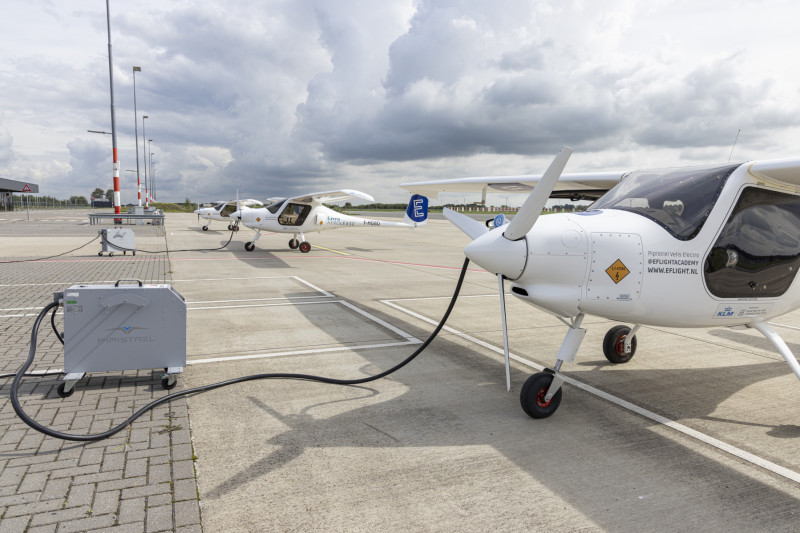
The overarching goal of these endeavors is not just technological advancement but a tangible shift towards zero-emission aviation. The urgency of cleaner, quieter, and more fuel-efficient operations is underscored by initiatives like these, as airlines grapple with their environmental footprint. From developing new aircraft to reimagining airspace usage and ensuring a steady supply of green energy, the journey to zero-emission skies is riddled with challenges. The commitment of KLM to this cause is evident in their efforts to boost sustainable aviation fuel production and optimize fuel consumption. The integration of diverse transport modes, like combining air and rail, is also on KLM’s radar as part of their holistic climate strategy.
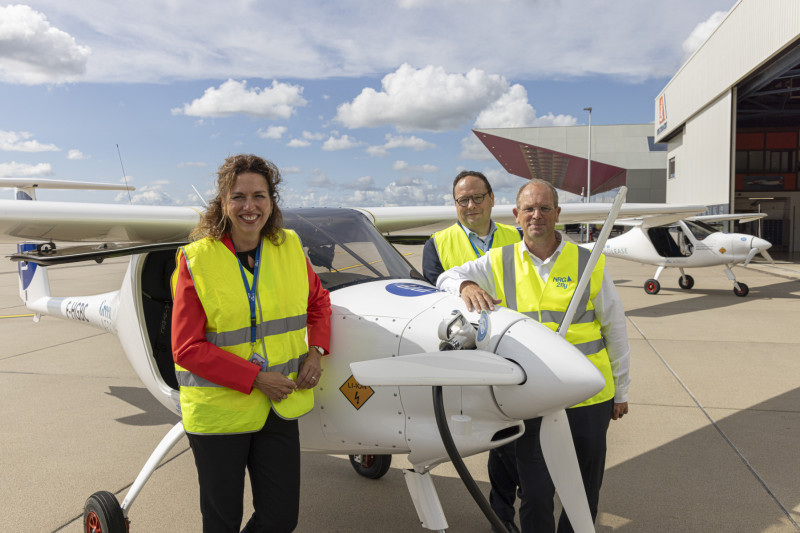
In today’s world, the responsibilities of running an airline extend beyond profit margins; they delve deep into environmental stewardship. Events like these serve as both a glimpse into the future and a testament to the industry’s commitment, as the aviation sector stands on the cusp of an electric era. The skies are changing, and as electric propellers start to hum, one cannot help but wonder: is this the dawn of a new era in aviation? The dream of sustainable skies inches closer with every flight, every test, and every collaboration. KLM and its partners are not just charting new flight routes but crafting the blueprint for the future of air travel, as the world watches.
